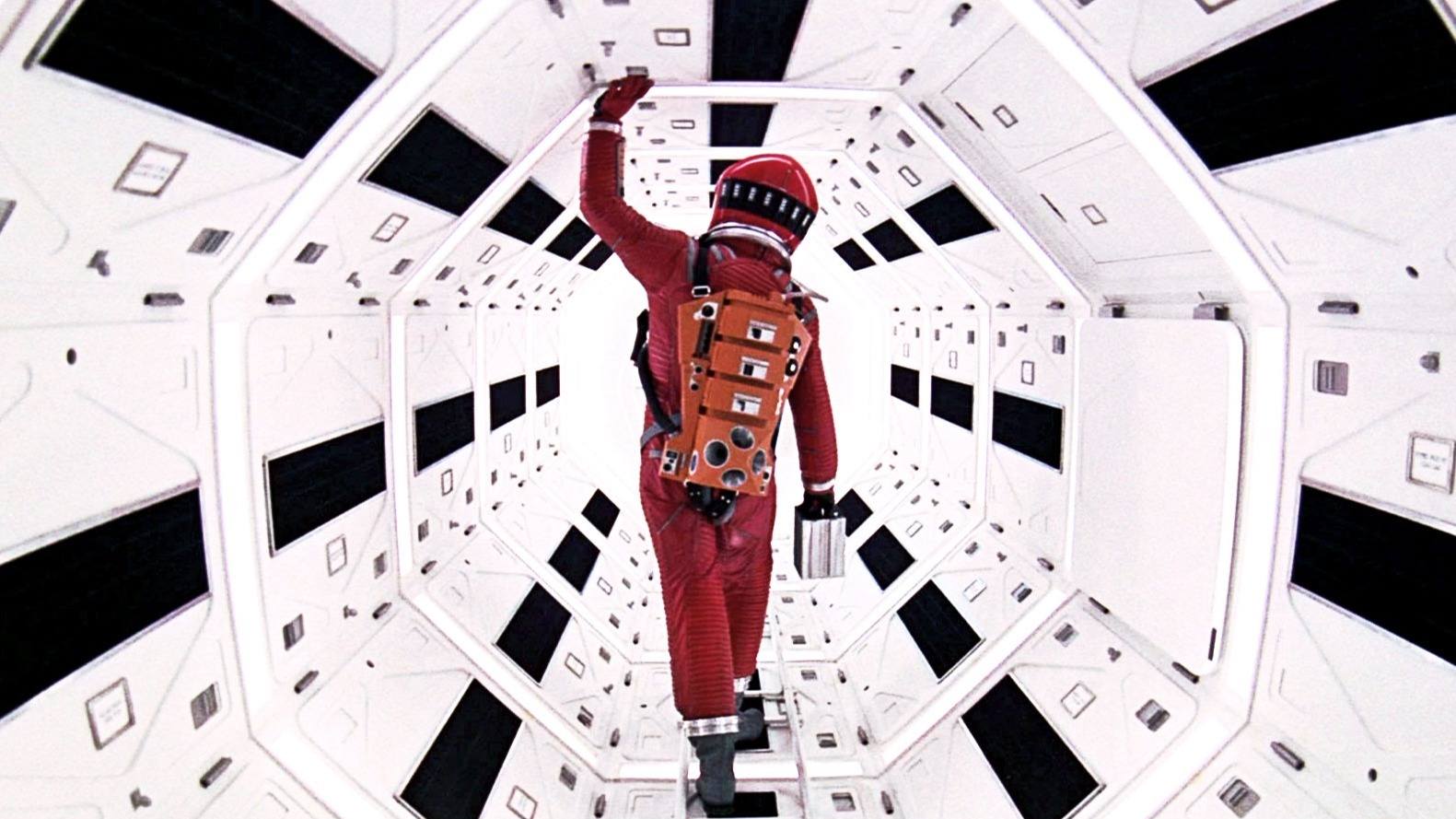From mind-bending time travel to sentient machines, here are the top 15 science fiction movies ranked from worst to best – no space operas allowed. Just pure, thought-provoking sci-fi brilliance.
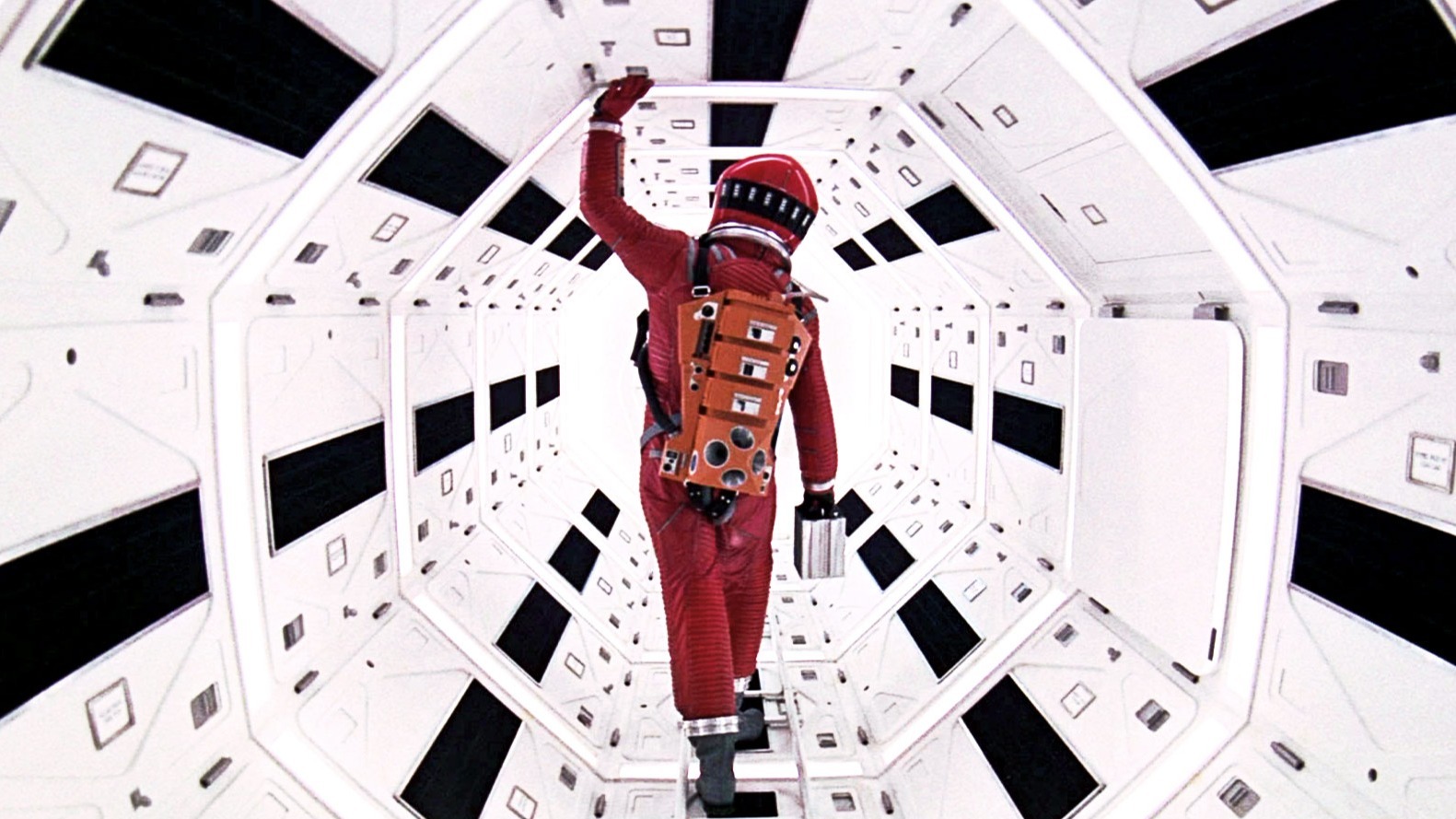
Science fiction isn’t just about explosions in space or aliens that look suspiciously human – it’s about ideas. The best sci-fi films challenge how we think about time, technology, and ourselves, while occasionally melting our brains in the process. From trippy time loops to artificial intelligence breakdowns, these movies prove that the genre’s smartest moments don’t always need a lightsaber or a galaxy far, far away.
For this list, we’re ranking the top 15 real science fiction movies, based on how they use big concepts to tell human stories. That means no Star Wars or Guardians of the Galaxy here – space operas can sit this one out. Instead, we’re diving into the bold, the strange, and the beautifully cerebral side of sci-fi, where imagination meets philosophy and sometimes… heartbreak.
15. Donnie Darko (2001)
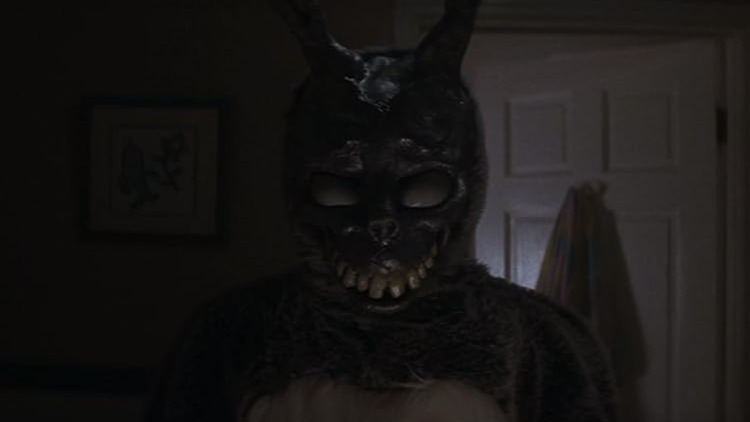
Some films sneak up on you, and Donnie Darko is exactly that kind of dark horse in science fiction – not in the laser-blasting alien invasion sense, but in fractured time, teenage mental collapse, and a weird rabbit giving apocalypse warnings. The script is dense, sometimes confounding, but that’s part of its charm: you’re never quite sure what’s literal, what’s metaphor, or what’s in the main character’s head. Jake Gyllenhaal anchors it with enough emotional messiness that you feel for Donnie even as things get surreal. That tension between suburban normality and cosmic weirdness is what makes Donnie Darko more than a cult film – it’s one that sticks in your brain. Its low budget shows, sometimes, but in a way that amplifies rather than distracts: you believe the world is real enough to break.
14. Solaris (1972)
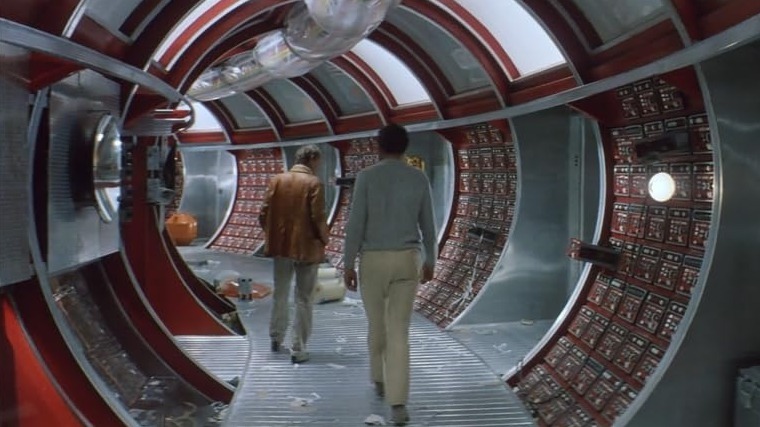
Watching Solaris is like drifting into a dream where guilt, memory, and love warp the edges of what feels “real” – not your standard sci-fi fare, but Tarkovsky’s masterpiece of contemplative space opera. Without many interstellar battles or flashy sets, it gets its power through slow, meditative moments: astronauts haunted by their past, a sentient ocean, a station that erodes identity. It’s gorgeous, somber, and at times painfully slow, but that pacing is part of the point: to make the viewer question what it means to remember, to feel, to lose. If you go in expecting action, you’ll be frustrated; if you go in expecting truth, you’ll be rewarded. Tarkovsky doesn’t explain everything – and you’re better off for it.
13. Back to the Future (1985)
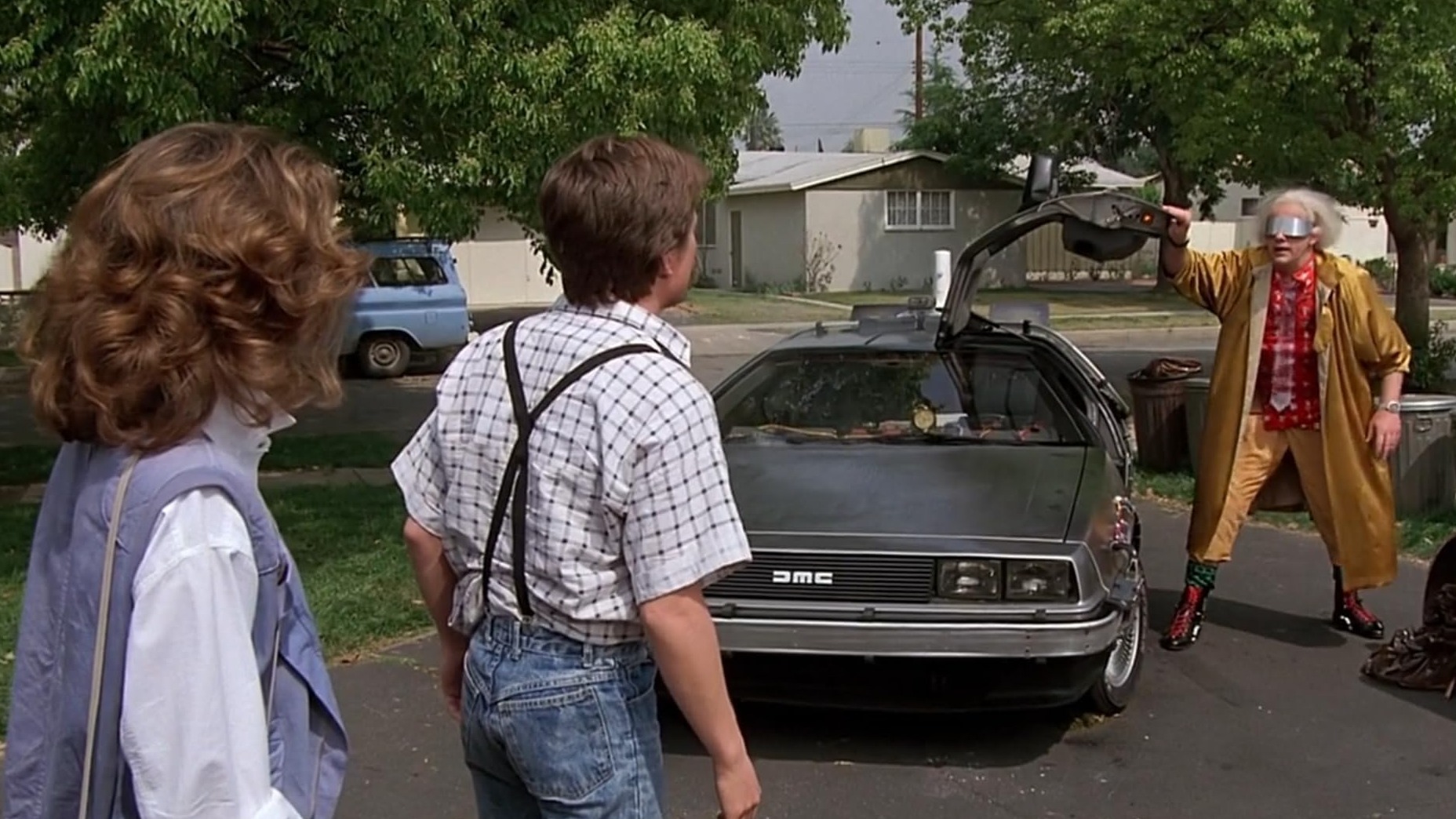
Time travel tropes get cartoonish fast, but Back to the Future pulls them back from the abyss using charm, wit, and the delight of paradox. Marty McFly, the DeLorean, the shift between 1955 and 1985 – all that stuff is fun, but the movie earns its place by making you care: about Marty’s parents, about changing destiny, and about whether one small act in the past reverberates in big ways. The clever visual effects still hold up, and the comedic timing keeps things from collapsing under the weight of its own mechanics. Even when the logic is stretched (of course it’s stretched; this is time travel), you accept it because you’re rooting for the underdog with a skateboard. Back to the Future is pure joy, with a brain.
12. Arrival (2016)
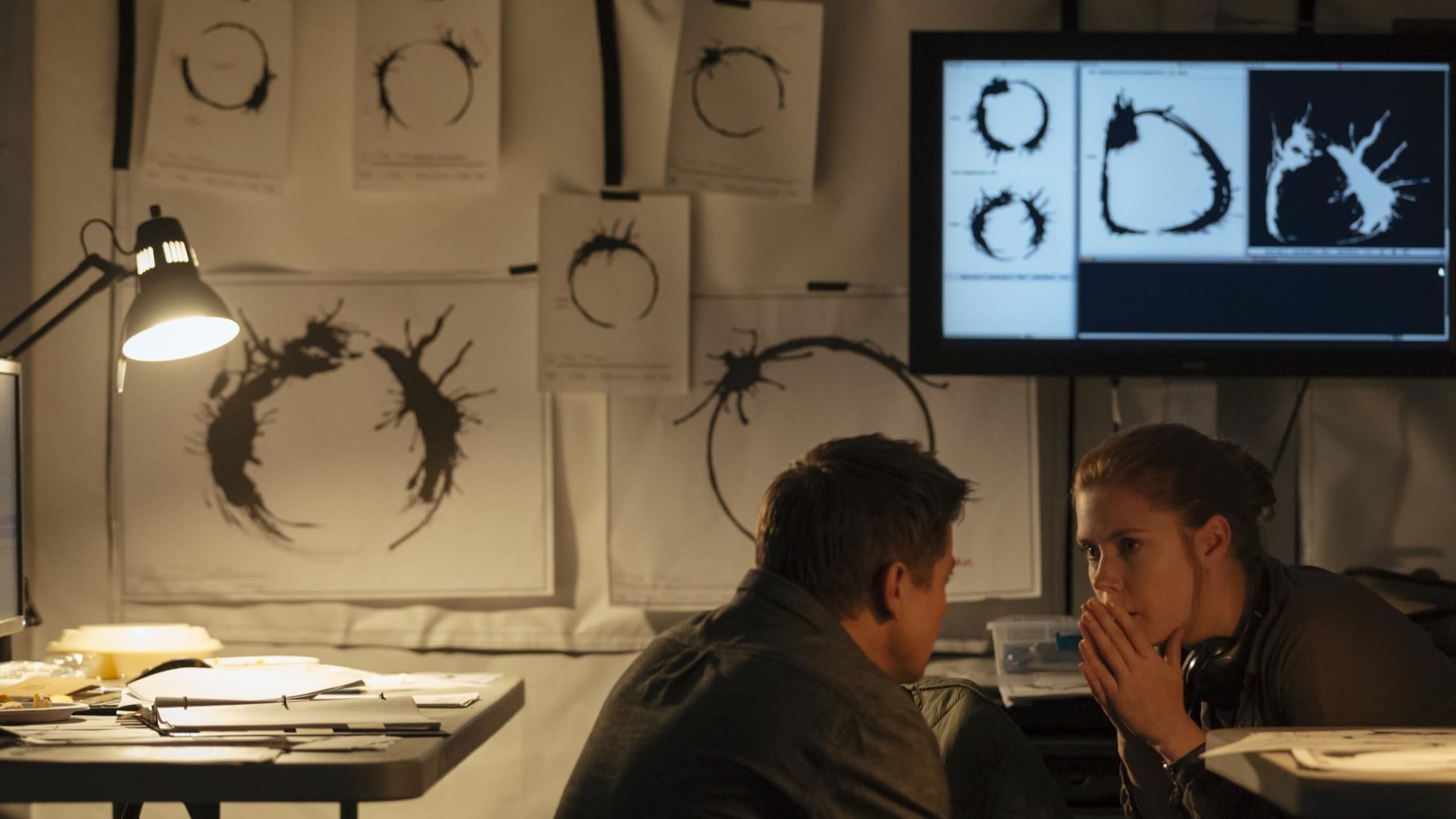
Language, aliens, and existential peril – Arrival isn’t the kind of first contact film that hands you the answers; it hands you questions. Amy Adams carries the emotional center, trying to decode incomprehensible visitors even while decoding her own grief. The film balances scientific curiosity with intimate human stakes: what does time mean, what have we lost, what could we say before losing someone? Visually restrained yet beautifully shot, every hovering craft and silent moment feels deliberate. It’s the kind of science fiction that doesn’t need explosions to shake your worldview; the quiet moments often hit hardest. And yes, some folks want more literal action, but that would miss the point.
11. Eternal Sunshine of the Spotless Mind (2004)

Memory erasure as relationship therapy? Sounds like a terrible idea, but Eternal Sunshine of the Spotless Mind makes it heartbreaking, whimsical, and deeply human. The way Joel fights to keep fading memories of Clementine, the broken pieces of love that still make him pause – those are performances and visuals working together in a dance you never want to end. It plays with form: scrambled memories, reversed scenes, emotional logic that is more felt than reasoned. Some parts are playful, others gut-wrenching, and the contrast keeps you off-balance in a good way. By the end, you’re not just asking “What if?” but “What if it still mattered enough to regret forgetting?” It’s one of the few sci-fi stories where heartbreak is the technology.
10. Everything Everywhere All at Once (2022)
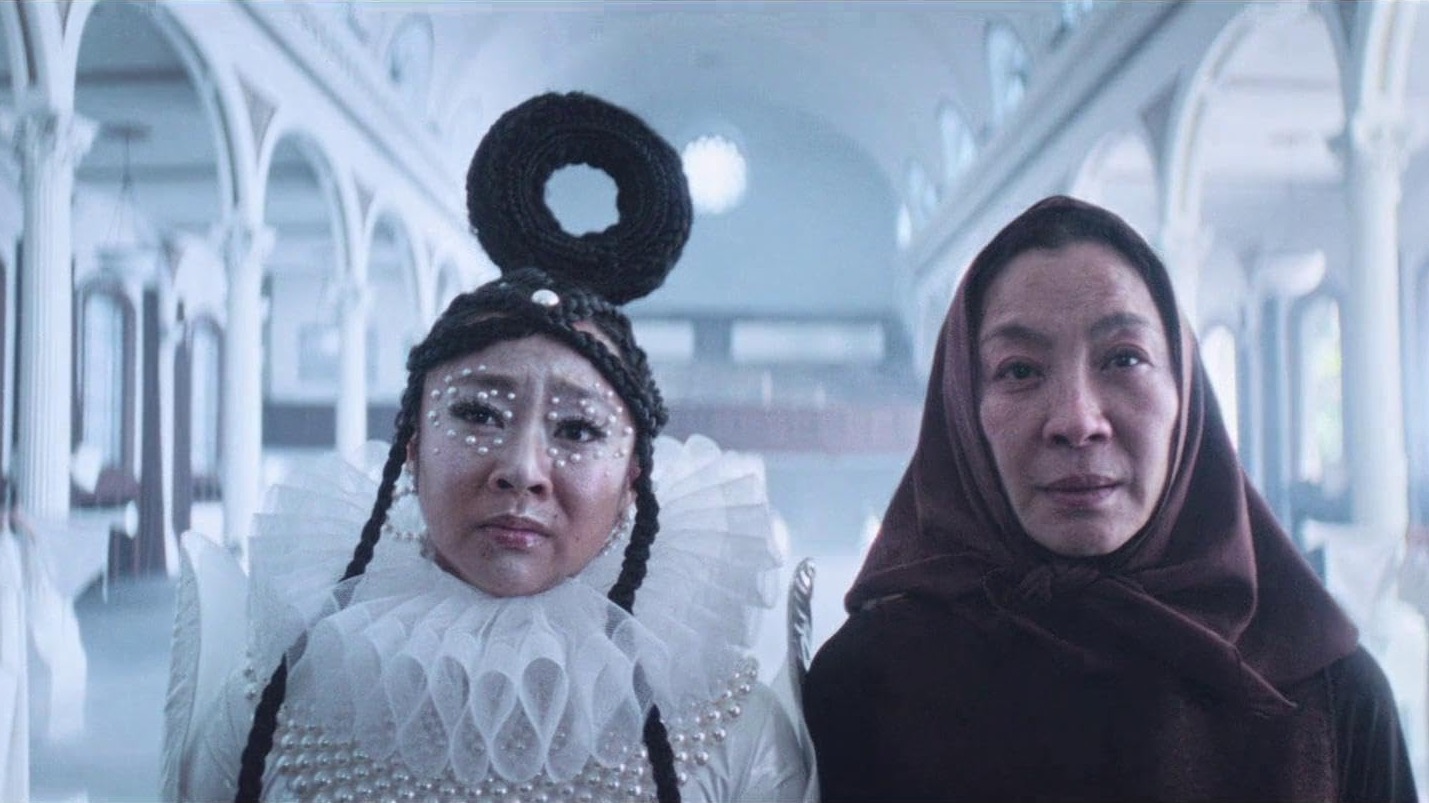
Some movies try to do everything; this one actually does. Everything Everywhere All at Once spins multiverses, existential dread, family squabbles, and hot-dog fingers with surreal humor and heart. Michelle Yeoh’s Evelyn is juggling the mundane (tax audits, laundromats) with the cosmic, and the contrast makes the bizarre moments hit even harder. It’s a role that asks: how do you carry your regrets, your love, your failures, when literally every version of you is out there? The visuals and genre leaps are dizzying, but what grounds it is performance – the kind where emotional truth shows through absurdity. Even with a modest budget for what it attempts, it pulls off an emotional punch that lingers.
9. 12 Monkeys (1995)
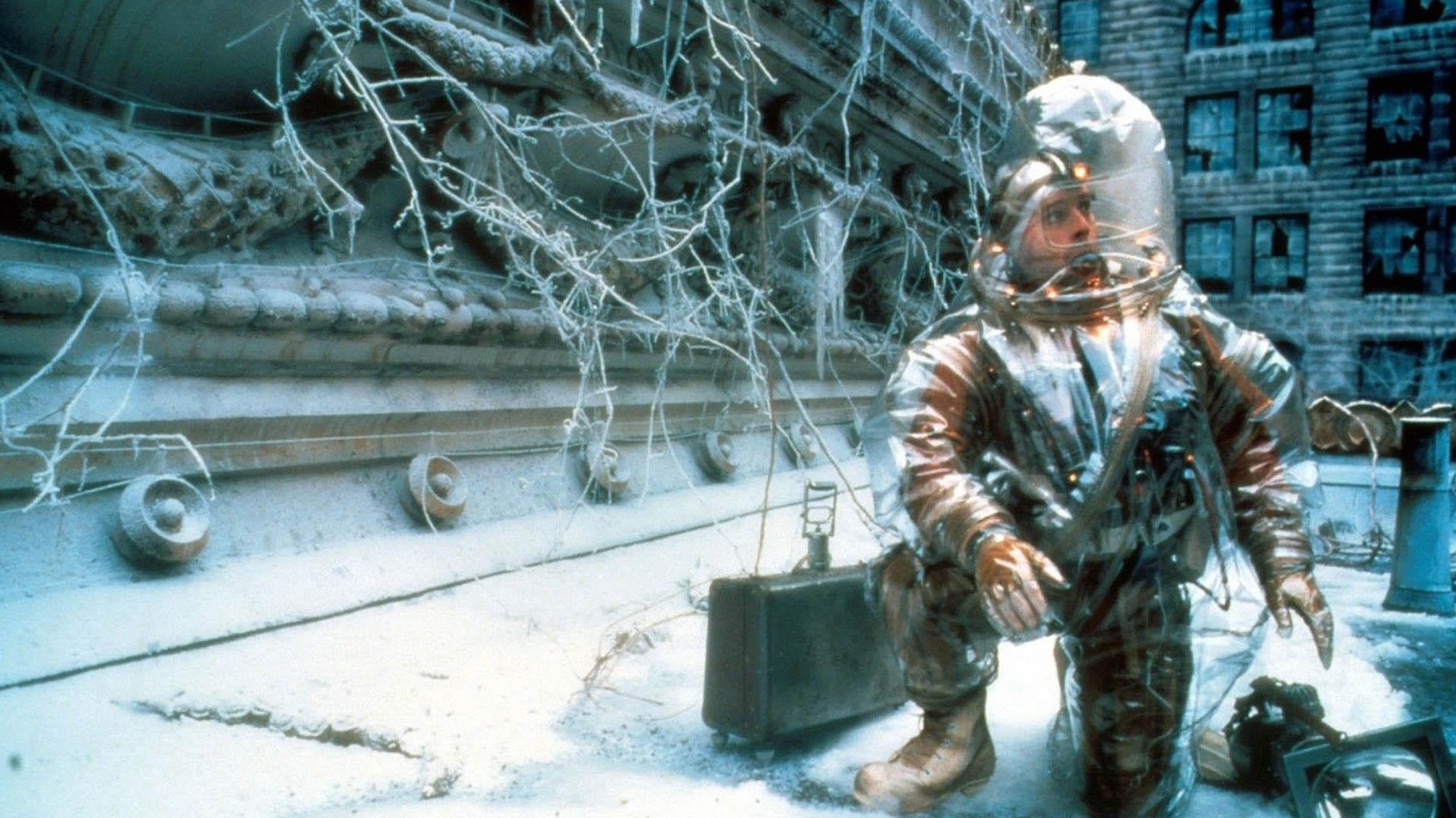
Time travel gets messy, and 12 Monkeys leans into that beautifully: disorientation, guilt, and a virus that does more than infect – it reveals. Bruce Willis as James Cole goes on a mission backward through time, and the movie forces you to wonder: if you could go back, would knowing more always help? The nonlinear storytelling, flashbacks, and mental hospital scenes all swirl, and they threaten to overwhelm – but they don’t because the performances are steady in the storm. There's paranoia, dread, but also a melancholy about loss and chance. Some plot threads tangle; time-travel paradoxes tease you. But this position in the ranking reflects not its ambition, but how well it balances heady sci-fi with emotional weight.
8. Inception (2010)
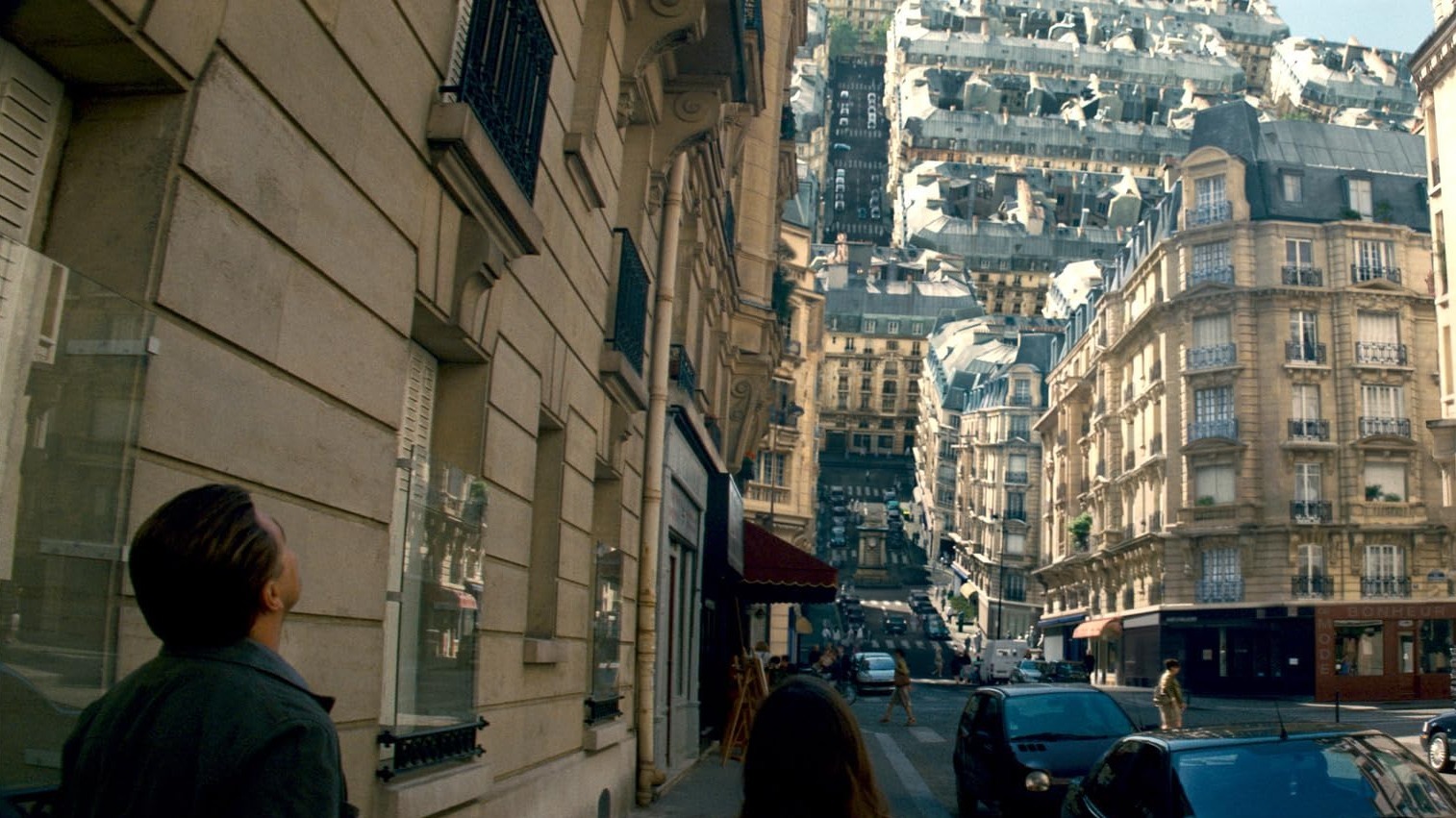
Dreams within dreams, cities folding like origami, and ideas planted deep inside the mind – Inception remains one of the boldest sci-fi experiments ever put on film. Christopher Nolan builds a labyrinth of memory and meaning, where every layer of the dream world reflects something painfully human: guilt, loss, and the desire for redemption. The cast clicks perfectly, and Hans Zimmer’s score practically shakes your soul out of your body. Sure, some plot mechanics twist themselves into knots, but that’s half the fun – getting lost inside the dream logic until you’re unsure if the top will ever stop spinning. It’s grand, smart, and surprisingly emotional, proving that spectacle can still have heart.
7. Interstellar (2014)
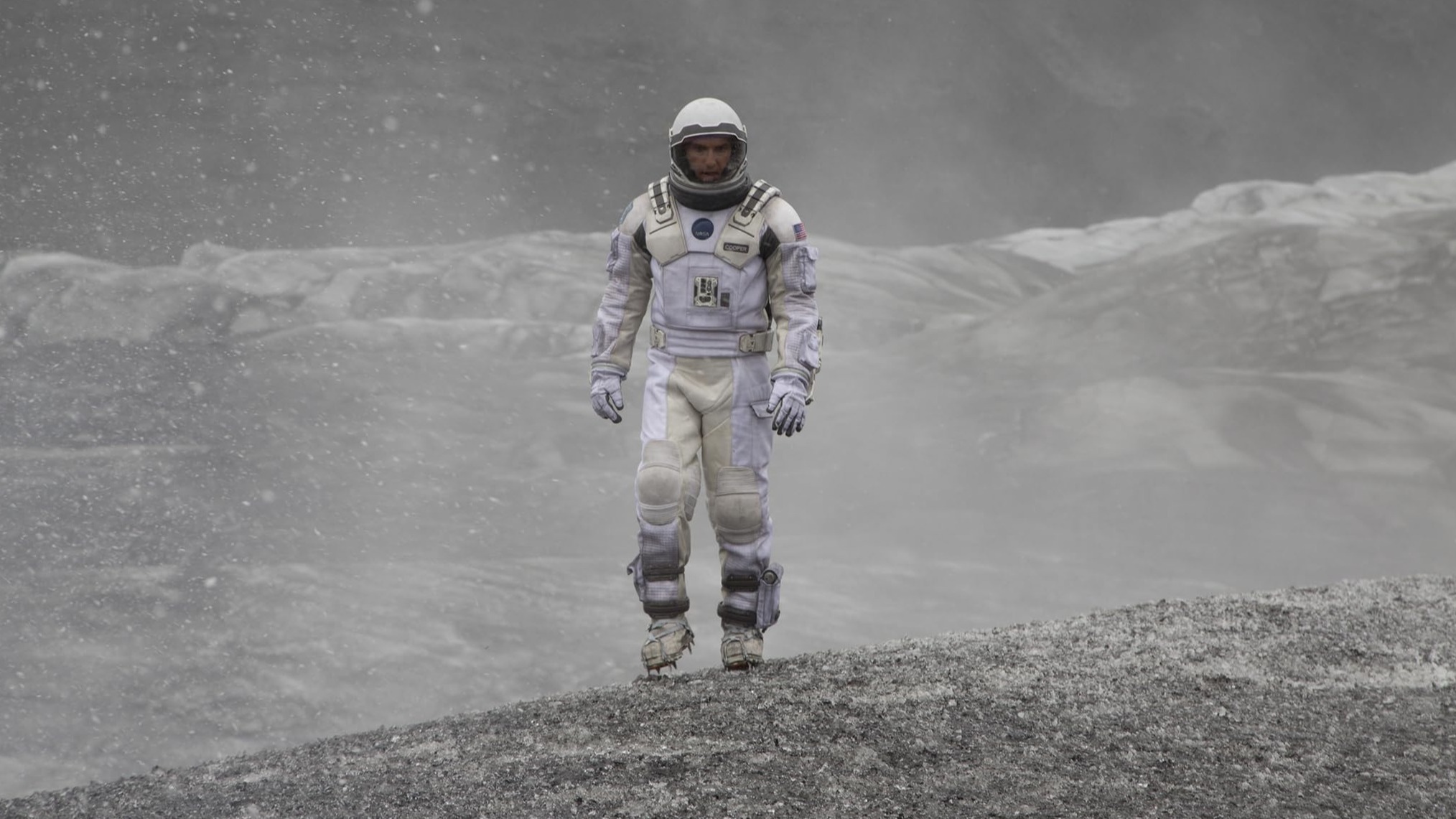
Space travel, black holes, future-Earth in collapse – Interstellar lays big cosmic stakes, but what keeps your heart in it are the relationships: parent and child, love and regret, sacrifice. The visuals are epic (hello, wormholes and dust storms), but so are the quieter moments – leaving family behind, watching loved ones age, making choices that echo across time. Matthew McConaughey anchors the mission, but the emotional core is strong and makes you care about survival not just as human species, but as human soul. Physics is complicated, yes, but the film uses it to explore what we hold dear. Some scientific liberties are taken, and some pacing lags in the middle, but the ambition and emotional resonance pull it through. It rates high because it blends the grandeur of space with deeply personal stakes, making the infinite feel personal.
6. Ex Machina (2014)
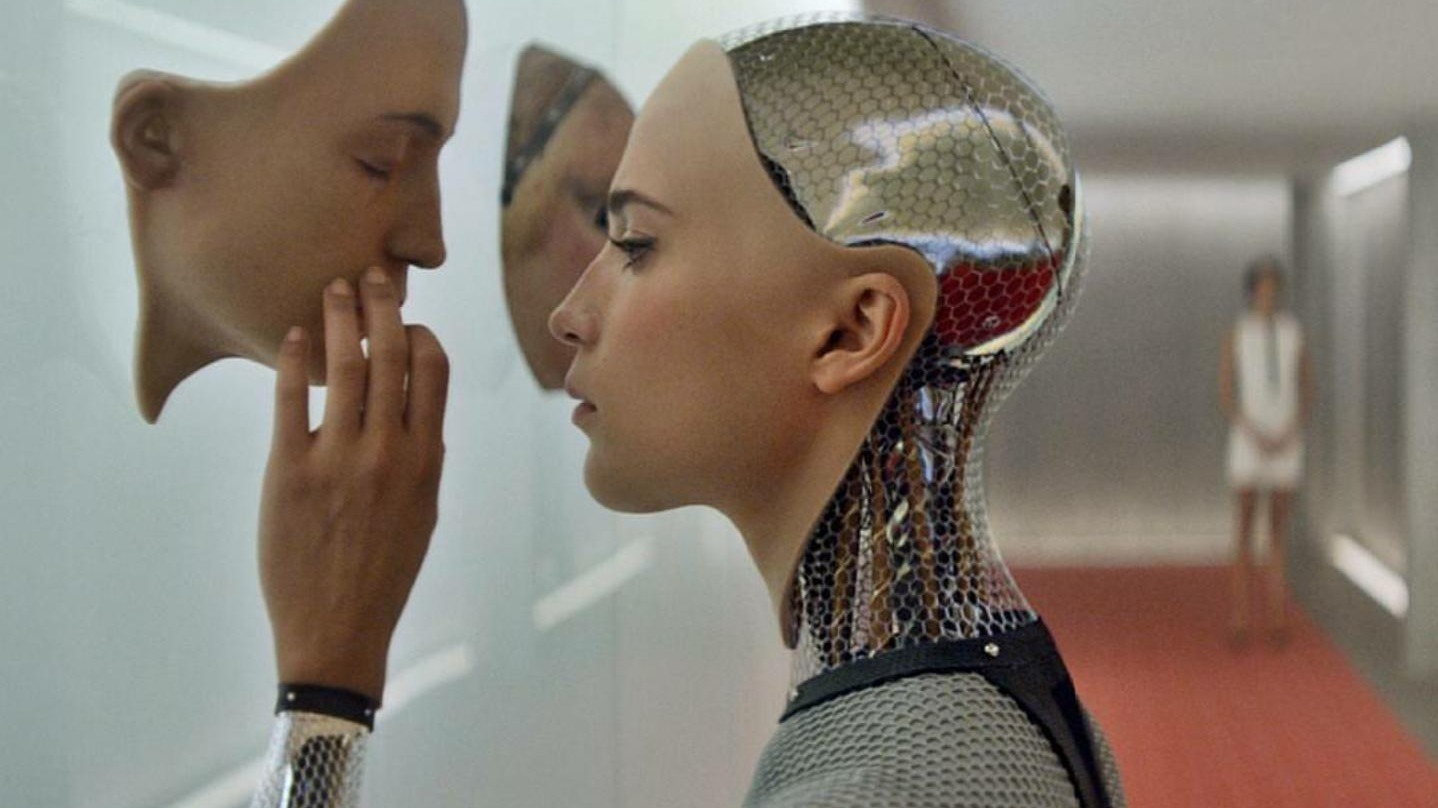
Artificial intelligence meets moral ambiguity in Ex Machina, and instead of lasers or alien invasions, it uses quiet rooms, glass walls, and psychological tension to scarily ask: what does it mean to be conscious? Ava, the AI, isn’t just a machine in the plot – she’s a mirror, reflecting human fear, longing, control. There’s seduction, manipulation, and philosophical weight in every character interaction, and the film doesn’t spoon-feed answers. It’s in the silences and the ethical tightrope walks where the film shines: is Ava’s awareness real? Is Caleb’s morality compromised? The movie looks polished, sparse, and elegant, and the performances make the speculative feel scary because it feels close to possible. With just a few characters and a single isolated setting, it shows power can come from restraint.
5. Brazil (1985)
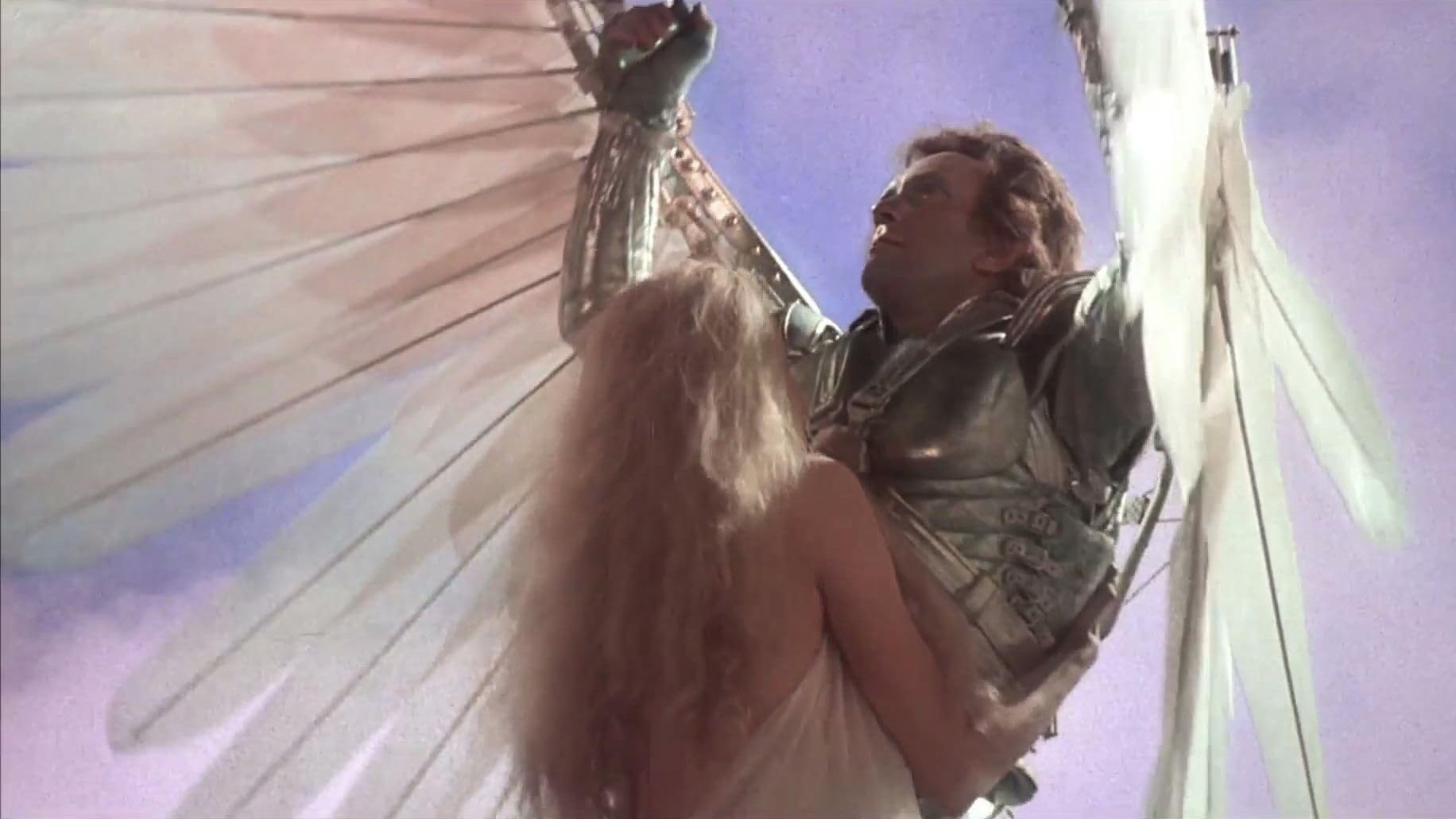
Terry Gilliam’s bureaucratic dystopia is equal parts nightmare and dark joke, and Brazil delights in smothering optimism under a mountain of paperwork and ductwork. Jonathan Pryce carries the film’s weary heart, but the film’s visual insanity – retro-tech, absurd appliances, and surreal flights – makes every tiny rebellion feel glorious. It’s the kind of sci-fi that trades space battles for Kafkaesque satire, which means it’s louder in tone than it is in mainstream appeal. Sometimes the pacing is deliberately off-kilter, but that’s the point: the world is broken, and the film refuses to comfort you. If you like your science fiction twisted and theatrical, this one’s a deliciously bleak treat.
4. The Matrix (1999)
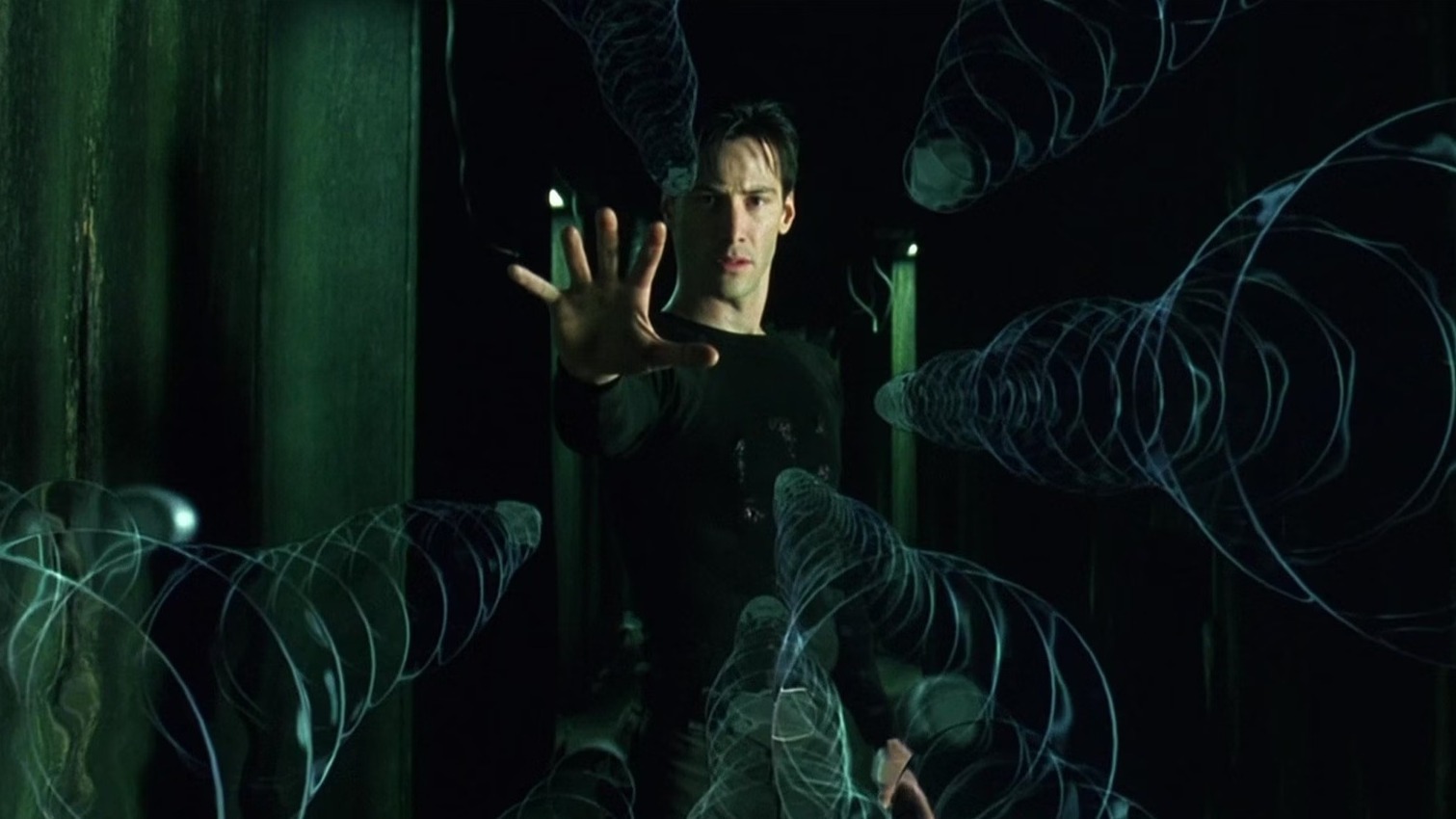
Remember when bullet time rewired the way films look? The Matrix did that and then asked the cinematic world whether reality was negotiable – and it did so with style. Keanu Reeves’ Neo is the ideal blend of everyman and chosen one, while the Wachowskis layer philosophy, cyberpunk aesthetics, and kinetic action into a package that still influences filmmakers today. The movie’s questions about simulation, free will, and control pair perfectly with its iconic visuals; even the wardrobe choices tell a story. It’s blockbuster scale with an intellectual backbone, which is why audiences keep coming back to decode its symbolism.
3. Alien (1979)
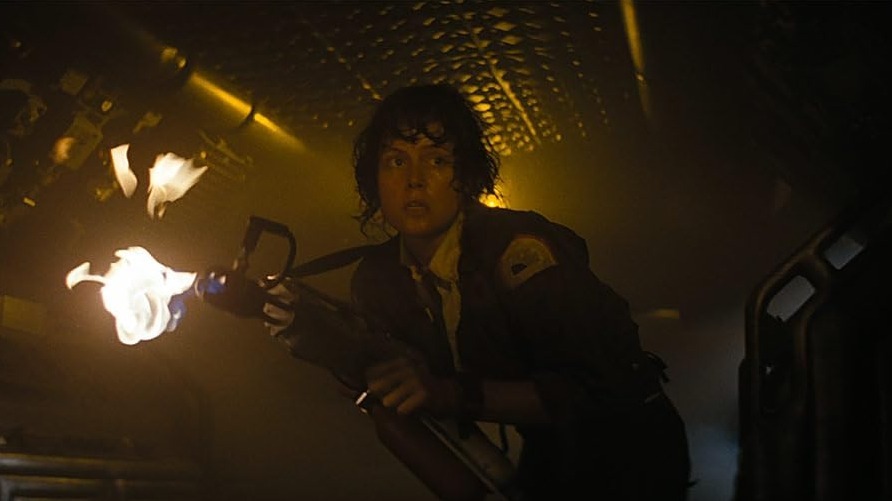
Ridley Scott’s Alien makes space feel claustrophobic in the best possible way – no planets, no epics, just a broken ship, a lurking creature, and rising dread. Sigourney Weaver’s Ripley transforms from crew member to survivor in a way that rewired gender expectations in genre films; the tension is visceral because everything else feels lived-in and industrial. The design work – H.R. Giger’s nightmare aesthetic – turns the Xenomorph into cinema’s most terrifying organism, partly because the movie trusts suggestion over explanation. It’s horror married to sci-fi, and that hybrid keeps it eternally rewatchable. Even where the effects show their age, the suspense and mood remain ruthless.
2. Blade Runner (1982)
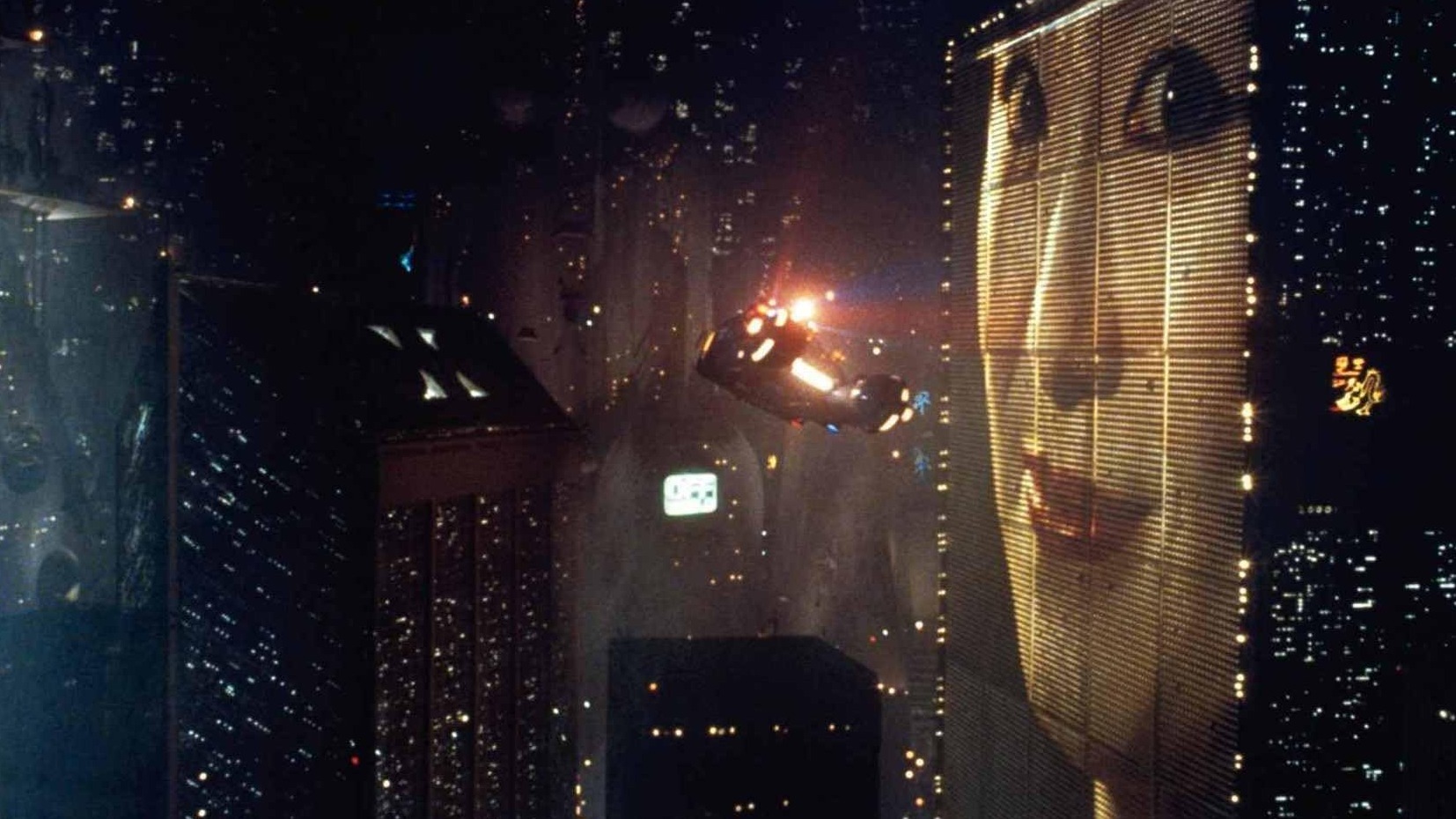
No film does neon-soaked, rain-slicked futurism quite like Blade Runner, a slow-burn meditation on memory, identity, and what it means to be human. Harrison Ford’s weary Deckard wanders a city that’s equal parts noir alley and corporate cathedral, while Rutger Hauer’s Roy Batty gives one of sci-fi’s great, aching monologues about mortality. The production design and Vangelis score create an atmosphere so thick you could bottle it – then argue about it for decades. It’s less about plot mechanics than mood and moral questions, and that’s why the film has kept philosophers and cinephiles up at night. Even its ambiguity is a feature, not a bug.
1. 2001: A Space Odyssey (1968)
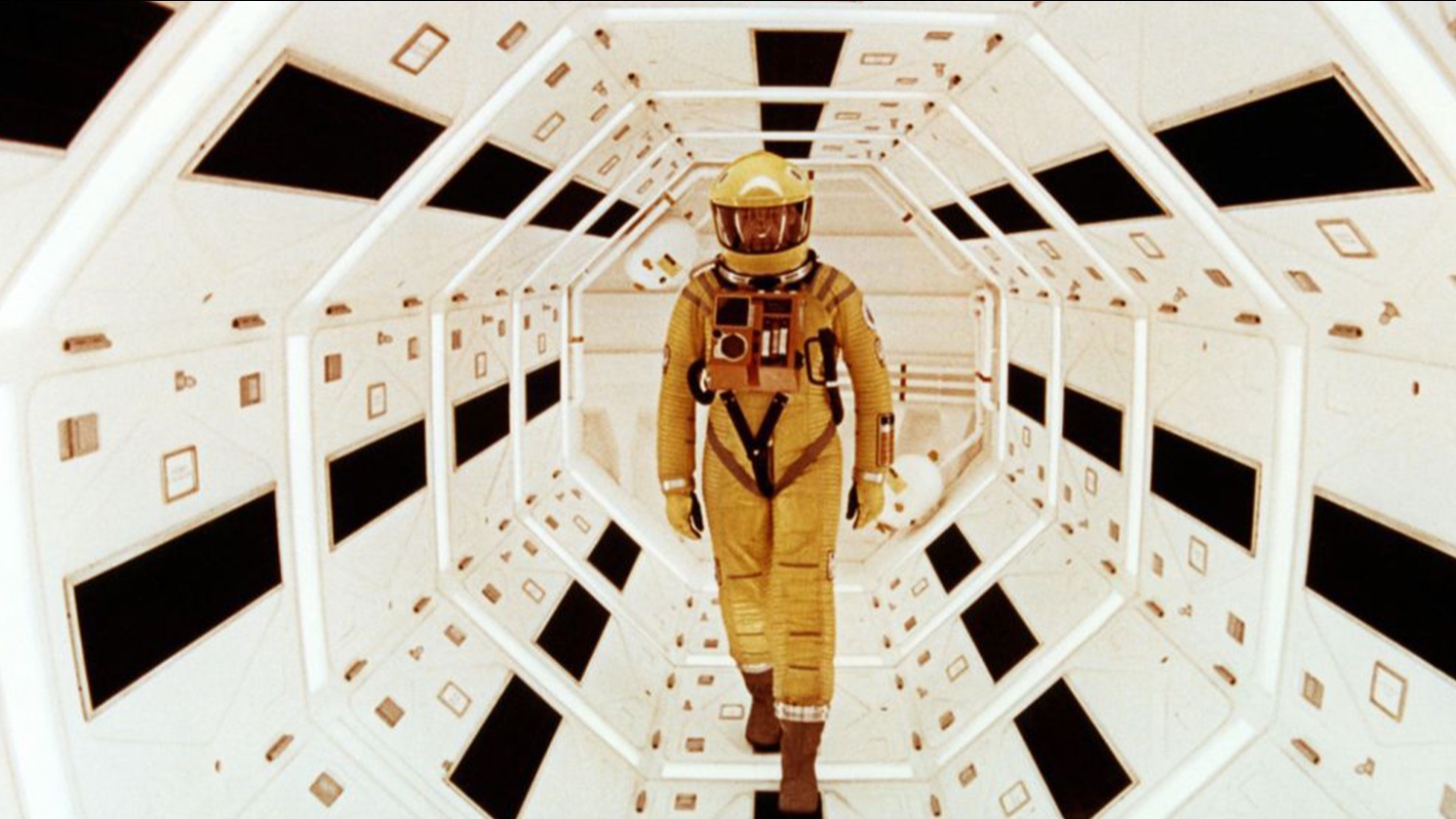
Stanley Kubrick’s masterpiece is a visual sermon on human evolution, technology, and cosmic silence – serious, strange, and sanctified in its ambition. From the opening dawn-of-man sequence to HAL’s chilling betrayal, the film moves in long, hypnotic arcs that reward patience with profound, almost spiritual payoffs. Its minimalist dialogue, monumental shots, and elliptical storytelling don’t hold your hand; they invite you into a cathedral of images and questions. People still argue about the monolith, the ending, and whether HAL was right, which is the mark of work that refuses to be reduced. If sci-fi is about asking the big questions, 2001 is the question that echoes longest.


































